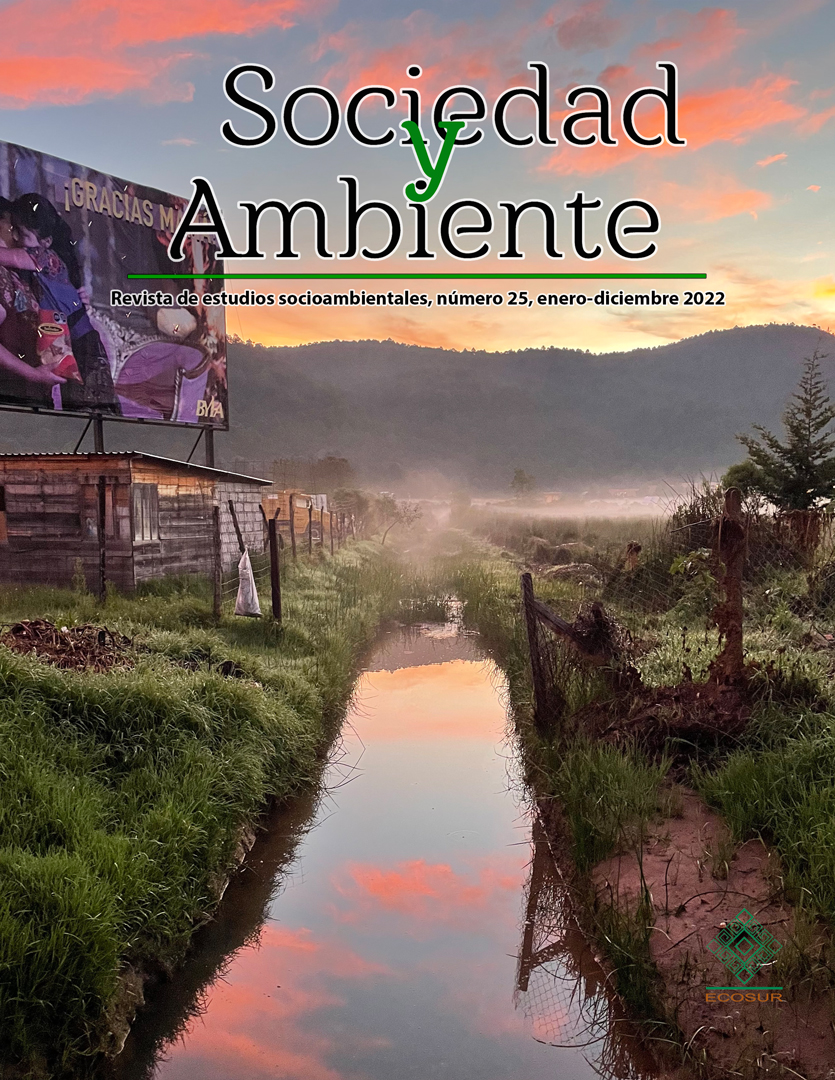Abstract
Forest fires are phenomena of great relevance due to the adverse effects they produce on the environment, while they are part of the ecological balance of various ecosystems. The occurrence of fires is related to climatic, environmental, topographical, and socioeconomic variables. The objective of this research was to prioritize a set of forest sites based on their susceptibility to fires in the Experimental Forest Field Las Cruces, Texcoco, Mexico. We used the PROMETHEE II multicriteria method, considering indicators of importance in the incidence of fires. We obtained the information from field records, databases, cartography, and interviews with experts on fire issues. As a result, we identified five high susceptibility sites, twenty medium and five low susceptibility sites on a map. The criteria with the greatest weight of importance were maximum annual temperature (20 %), fire prevention (20 %), fuel load (10 %), and distance to access roads (10 %). The methodology allowed the appropriate use of the information generated on the potential causes of fires. Sensitivity analysis showed that prioritization based on fire susceptibility is consistent and robust.

Sociedad y Ambiente by ECOSUR is licensed under a Creative Commons Reconocimiento-NoComercial-SinObraDerivada 2.5 México License


